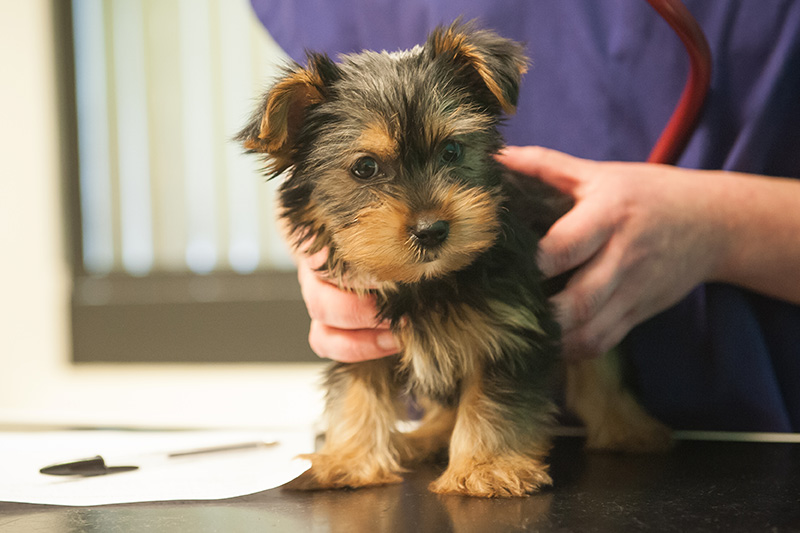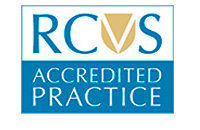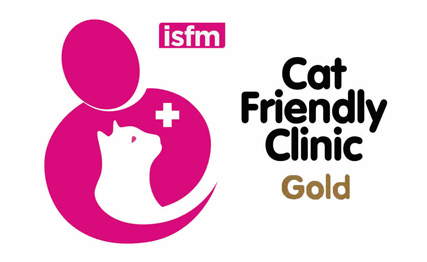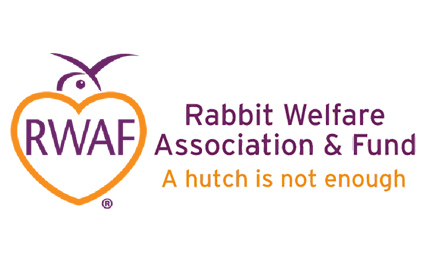24 hour contact: 020 7387 8134
Caring for your puppy
If you've just welcomed a new puppy into your household (or are planning to), it is an exciting time. We recognise you may want some care advice - not just about your puppy's health but also about behaviour and environment.
You can download our handy 'Caring for your puppy' leaflet here: Download (PDF)
Nutrition
Puppies need a balanced, nutritious diet to support growth and bone development. We recommend feeding a pre-prepared, complete and high quality food designed for puppies.
The amount to feed will depend on your dog’s size and breed, and whether they have been neutered. Fresh water should always be available. Please contact us for advice.
Toilet training
Toilet training is one of the first things to teach your puppy. The key is having a consistent routine from day one. All puppies learn at different paces, so it is important not to punish them but reward them with a small puppy food treat when they get things right. Ensure they have regular opportunities to toilet outside (particularly in the morning and after eating). Please contact us for further guidance.
Socialisation and behaviour
Puppies absorb vast amounts of information about their environment during their learning and development phase (birth – 20 weeks) including how to communicate and behave with people and other pets. It is vital they encounter situations, and undergo socialisation with people and other dogs and cats in your household during this time. Slowly introduce your puppy to other pets in your home and supervise them whilst they get to know each other.
Understanding canine communication, including body language, is useful to help you manage your dog’s needs. Our vet nurses have a special interest in behaviour management; please book an appointment for more guidance.

Playtime and toys
Suitable toys can be provided for stimulation and distraction! Take care to prevent your pet ingesting parts of toys or balls. When outside, your puppy should always wear a collar or harness and lead.
Grooming
Puppies can be groomed using a suitable brush. It is helpful to get them used to grooming at a young age. They should also become used to having their toes touched in preparation for nail trimming and their ears touched for ear exams. Puppies do not need regular bathing. If you do need to bathe your puppy, please do so with a gentle pet shampoo.
Parasite control
Worms
Puppies can be born with intestinal worms passed down from their mum and they can contract them easily from birth.
Puppies should wormed every two weeks from three weeks old until 12 weeks of age, then monthly until six months of age.
We strongly advise regular protection against lungworm (a dangerous worm infection of the lungs and heart). We can advise suitable products based on the age and weight of your puppy.
Fleas
It is important that you have your puppy checked for fleas. Each flea can lay up to 2000 eggs, so a single flea can become problematic.
Flea treatments should be applied monthly from six weeks of age to treat and prevent fleas.
You should contact your vet for advice if you are concerned about fleas in a younger puppy. We can provide guidance on suitable products.
Vaccinations
Dogs should be vaccinated to prevent serious illness from parvovirus, distemper, hepatitis and leptospirosis.
Puppies need two vaccinations as a primary course, generally given at 8 and 12 weeks of age.
In some situations, we may advise giving a third vaccination to make sure that your puppy is fully immunised. Please bring along any vaccination information to your appointment. Repeat vaccination is then required annually. The kennel cough vaccination is also available.
Pet insurance
We recommend life-long pet insurance for your puppy. This provides a means of covering vet costs arising from illness or injury.
Pet Health Plans
Talk to our team about how you can spread routine healthcare costs and save with a pet health plan
Oral health
It is a good idea to get your puppy comfortable with having his or her teeth cleaned. Their baby teeth gradually fall out from around three months of age. These are replaced by permanent adult teeth by around six months of age. We offer dental demonstrations and advice on pet oral hygiene products.
Microchipping
A microchip is a small implant (about the size of a rice grain) used to permanently identify your pet. It is injected under the skin and this can be done during a normal appointment.
It is mandatory by law to have a dog microchipped by the time he or she is 8 weeks old. You are responsible for ensuring information is accurate on the microchip database.
Neutering
Neutering refers to permanent ‘desexing’ or sterilisation.
We recommend neutering from six months of age (although larger breed puppies may be neutered later). This day-procedure is carried out under general anaesthetic and involves removing ovaries in females (spay) or testicles in males (castration). Please talk to us about the best time for your dog
Spaying a female puppy provides many benefits including the prevention of mammary (breast) cancer and womb infection (pyometra) later in life. Castration of males prevents testicular and prostate diseases. It can also help prevent roaming and unpleasant urine marking.
Laparoscopic (keyhole) neutering surgery
This alternative style of surgery has significant benefits such as:
- reduced pain and discomfort
- faster recovery and return to normal activity
Vet visits
When you visit us, we recommend using a well-fitting collar or harness with a short lead attached to keep your dog safe and secure. Taking your dog out to the toilet prior your visit avoids any unnecessary stress or discomfort. You can bring a favourite toy or blanket to help your puppy feel more relaxed. We offer special ‘friendly visit’ appointments with our veterinary nurses. These are designed to reduce fear and stress sometimes seen in pets during a vet visit.
Register your puppy online or call us for an appointment on 020 7387 8134



